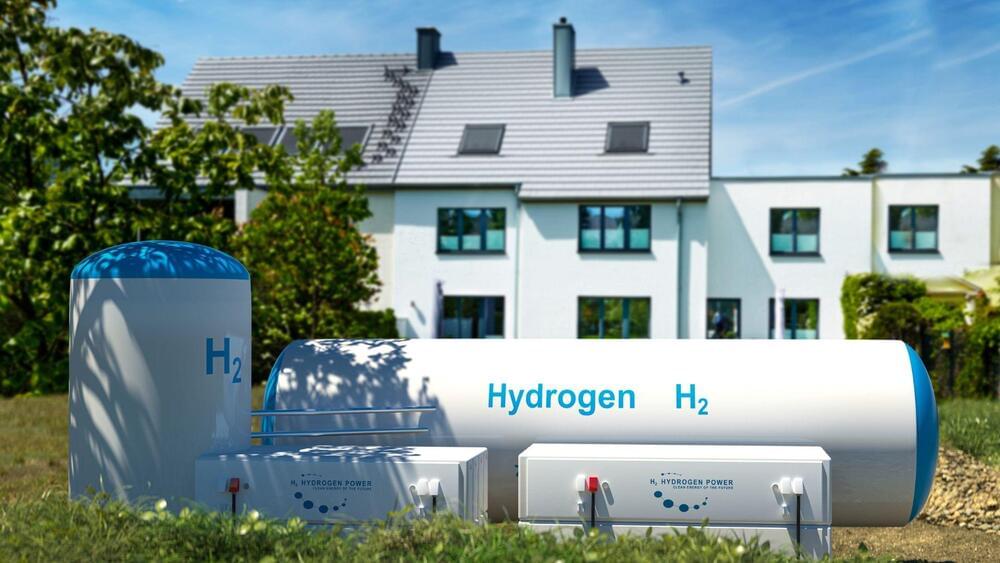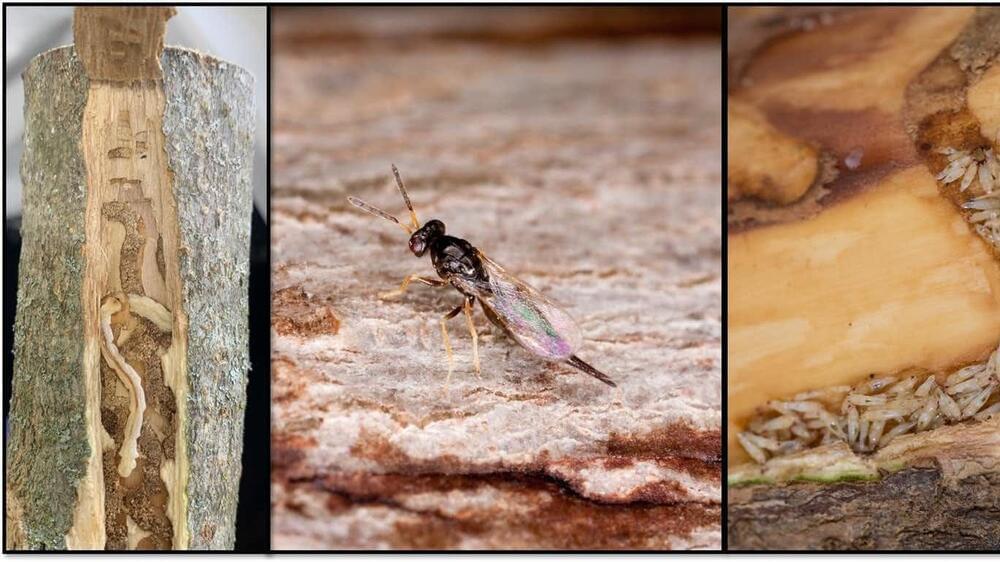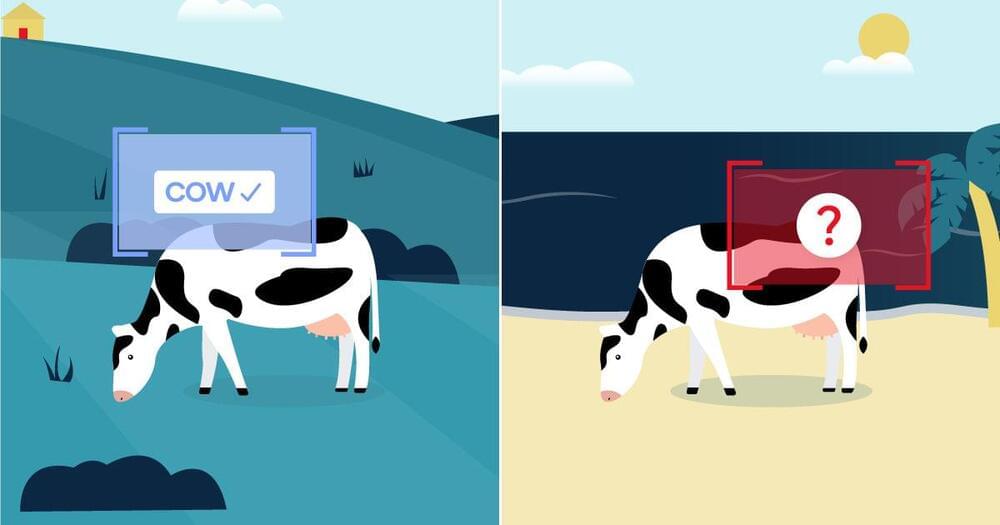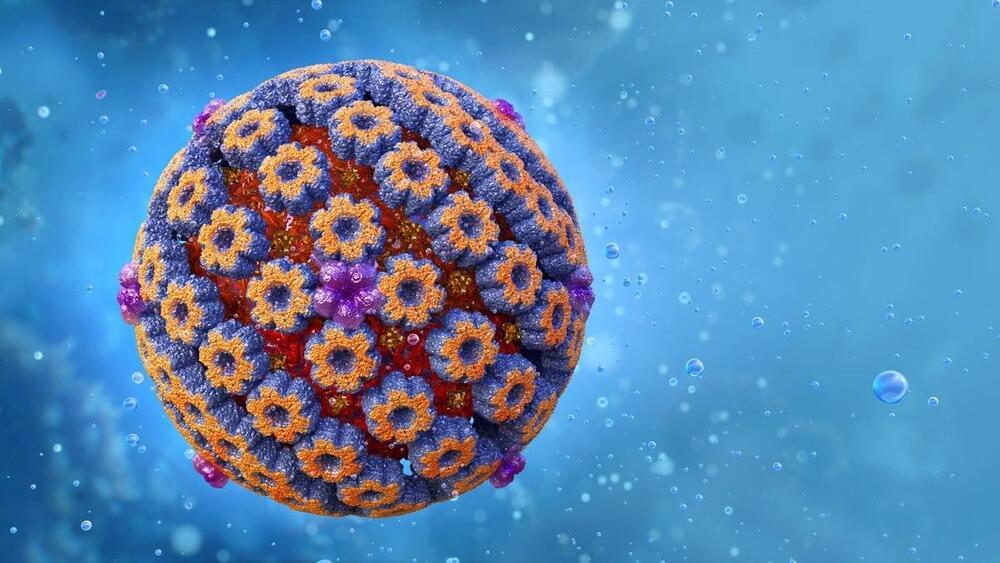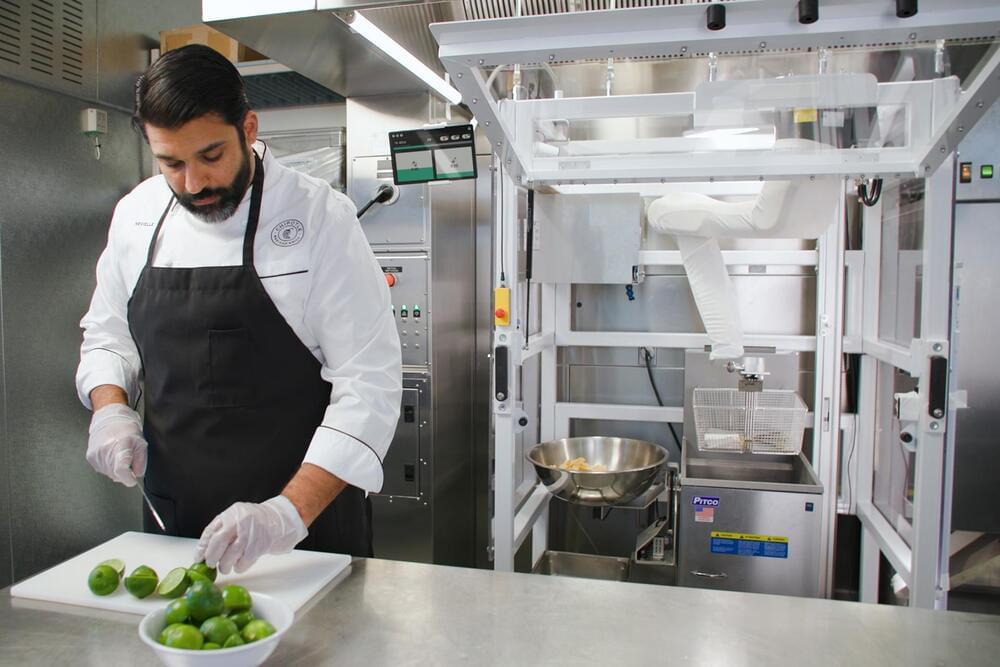Russia’s war on Ukraine has turned a lot of assumptions about the fundamental nature and trajectory of how wars are fought, on its head.
For one thing, Ukraine’s strong defense has upended conventional wisdom about big powers being able to violate at will the sovereignty of little powers.
Technology, in particular, drones, has also leveled the playing field in unique ways.
The emergence of cryptocurrency, both as a means to fund the war and the relief efforts, raises all kinds of interesting questions about the ability to enforce sanctions and bypass the traditional financing of wars with alternate means.
I had a great discussion about these and other topics with Thomas Frey, and Trent Fowler, who have been giving a lot of thought to the future of war.
Frey is the founder and Executive Director of the DaVinci Institute and co-host of the Futurati Podcast. Over the past decade, he has built an enormous following around the world based on his ability to develop accurate visions of the future and describe the opportunities ahead.
